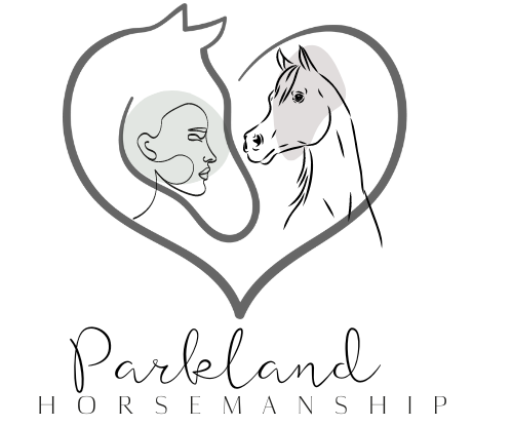Equine Assisted Learning offers individuals a way to develop skills that foster emotional resilience. According to one study (see the figure below), participants in an equine-assisted learning program experienced decreased stress and improvement in health as well as in coping mechanisms and health.
Individual Equine-Assisted Learning sessions are provided by certified* Equine Specialists and credentialed educators/leaders or licensed clinical behavioral health professionals, while group EAL retreats can be customized according to your organization, team or community group’s specific needs.
Self-Awareness
Self-awareness refers to an individual’s capacity for understanding his or her feelings and behavior, helping to develop more awareness around body language and emotional responses. Interacting with horses provides an ideal practice in being present with oneself – which in turn increases emotional resilience.
EAL activities provide participants with an opportunity to work in teams to communicate and connect with horses while also overcoming obstacles, both of which provide an excellent way of developing communication and problem-solving skills, while building empathy towards others. Participants also learn the Clifton Strengthfinder personality assessment tool which allows individuals to identify their own individual strengths and categorize them according to themes; this allows individuals to become more self-aware while seeing how these strengths can be applied across both personal and professional lives, leading them toward improved emotional regulation and more resilient mental landscape.
Self-Esteem
Traumatized individuals tend to develop low self-efficacy. This means they believe they cannot successfully manage challenges and surmount difficulties they encounter in life.
As a result, they often struggle to seek assistance or find it. Equine-assisted learning (EAT) and therapy (EAP) have proven invaluable for building resilience, increasing self-efficacy and improving quality of life.
A typical EAT/EAP session begins with a 5-7 minute “breathing circle”, designed to ease anxiety and focus physical attention. Once this step has taken place, students work in teams to form connections with horses while practicing empathy, understanding nonverbal communication, and first impressions. Students also complete tasks such as recognizing and communicating their strengths using the Clifton StrengthsFinder assessment tool, which highlights an individual’s natural talents. Team members then utilize those strengths during equine activities; afterwards, reflective discussions encourage personal growth and resilience development; ultimately increasing participants’ self-assurance when faced with challenging situations thanks to experiencing success and accomplishment.
Self-Confidence
An important element of emotional resilience is self-assurance. Knowing your abilities allows you to approach life’s obstacles confidently knowing you can overcome any difficulty that arises.
Confidence gained from Equine Assisted Learning can also boost empathy, enabling you to better comprehend others and connect more closely. A study demonstrated how even brief interventions of non-riding equine assisted learning reduced depression among veterans with PTSD.
Horses offer individuals immediate feedback to help them recognize and regulate their emotions in real time, helping individuals learn how to recognize and regulate them more easily in relationships beyond the round pen. As students bond with horses, they develop skills like empathy, core communication and mindfulness while creating wellness practices and strategies to manage stress that they can carry into both academic and professional settings.
Self-Management
Equine-assisted learning enables individuals to gain a deeper insight into their emotions and how best to control them under different situations. Since horses are highly sensitive to human emotions and behaviors, their presence challenges people to stay congruent with their feelings while providing real-time feedback regarding actions taken – teaching people flexible resiliency that will serve them throughout their life journeys.
Operation1Stride offers participants engaging activities like groundwork and interaction that promote bonding and trust-building with horses. Furthermore, participants witness their behaviors and emotions reflected back by the horse, offering further self-reflection and deepened insight into one’s strengths.
Students also work together in teams for equine activities, and their day is divided between a “work” paddock with structured tasks, and a “life” paddock in which they build connections with horses while practicing time management and resourcefulness skills. At the conclusion of their EAT session, many report feeling more capable of handling stressors and challenges in life, giving them valuable life skills that help build resilience.

